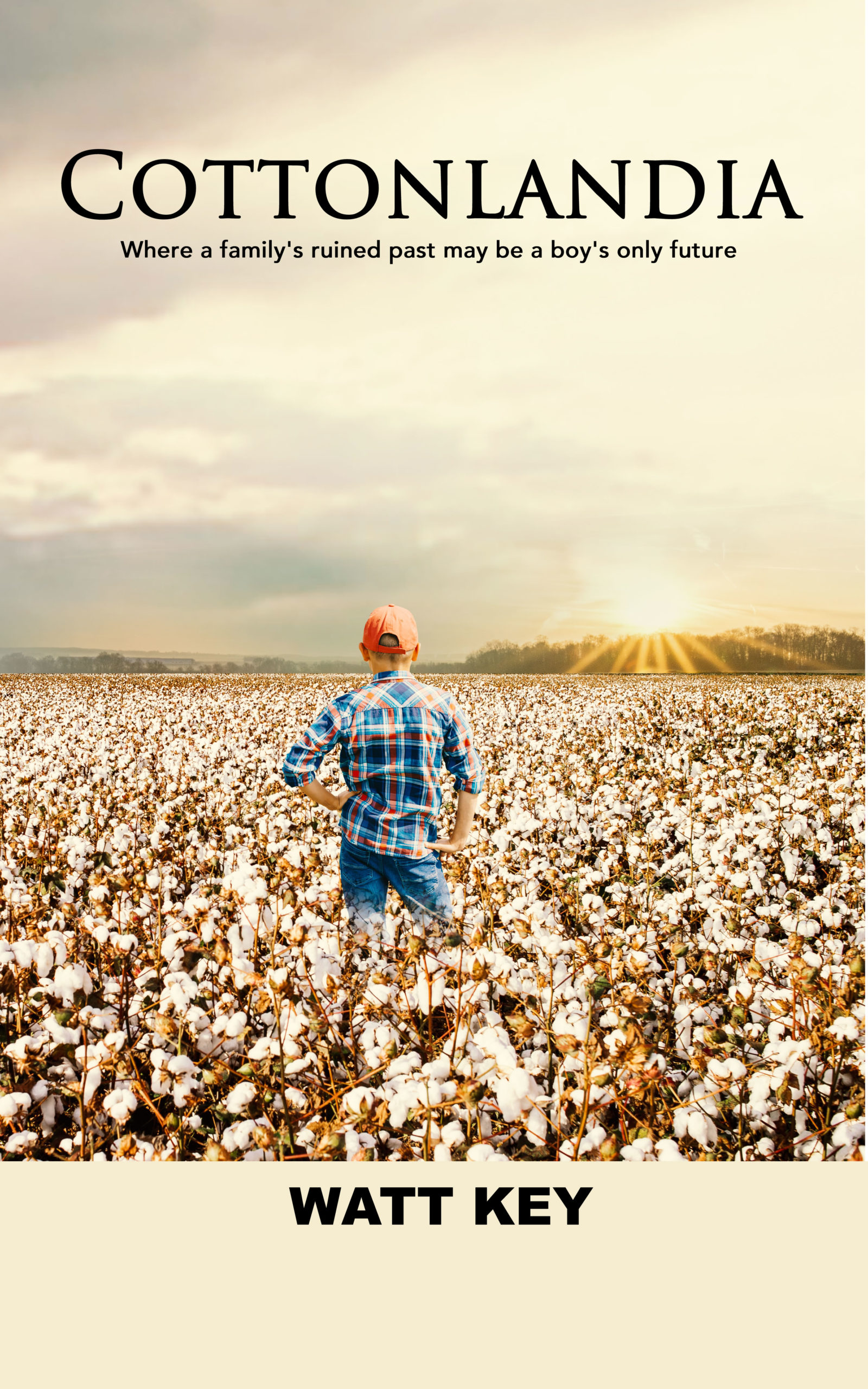 From Kirkus Reviews
From Kirkus Reviews
A privileged youth spends a winter break on his aging grandmother’s farm in this YA novel.
It’s the holiday season on the brink of the new millennium in Manhattan, and temperamental, spoiled teenager Win Canterbury has just been informed of a major change. His parents want him to spend his private prep school’s four-day winter break with his grandmother in Mississippi. His wealthy best friend, Jules Brevard, who treats life like a “personal cruise ship of adventure,” tells Win to go hunting during his Southern vacation. After a short period of white-knuckle reservations, Win reluctantly agrees and heads to “Cottonlandia.” The ancestral, 3,000-acre cotton plantation features a crumbling main house and is home to a weathered local farmer named John Case, caretaker Gert, and Win’s decrepit grandmother, who appears gravely ill. Staying in his father’s childhood bedroom, Win experiences swift culture shock: The plantation’s accommodations are impossibly rustic, with limited electricity, no internet service, and no transportation. But this is the least of his worries. Win’s father unceremoniously arrives at the farm to announce federal charges being brought against him and that the teen’s mother has become emotionally unstable. The plantation will be Win’s new home indefinitely. After a period of denial, the truth sets in as Win, donning camouflage coveralls, must make peace with the dusty realities of Cottonlandia, his makeshift family, and a few ornery locals. Will the young, independent-minded, restless Win let the humble, backwoods country life of school, work, hunting, and dirt grow on him, or will he bolt back to the privileged urban glitz he’s accustomed to?
Key sets up this scenario expertly and sketches Cottonlandia with a gritty realism. The nearby town is populated with an endearing cast hobbled by poverty yet emboldened by Southern pride, and Win’s education percolates with the slow, persuasive simmer of the “new, strange life” that somehow just might work out. As “sentimental and impractical” as Win’s father considers the plantation, his son soon discovers a world of purpose, drive, and character-building work. This environment affords the author opportunities for descriptive brilliance, such as Win eating the gamey venison he’d shot days before that tasted “like the first time you try a lamb chop”; riding a mattress harnessed to the back of an ATV at a holiday party; and observing the local swamps at dusk “throbbing and pulsing with frogs and insects.” The tension between Win and his father is palpable, much in the same way as the teen’s resistance to settling into the slow, Southern way of life as the forgotten, bucolic cotton farm begins to blossom all around him. Key’s YA debut, Alabama Moon(2006), was released to wide acclaim, including a movie adaptation. Here, he utilizes the same seamless storytelling skills in an engrossing, resonant tale of humility, history, and the gravitas of family obligation. The author focuses on the excitement, the trepidation, and the anticipation of unknown places, new directions, and unfamiliar people. Key structures his introspective story around 87 brisk, clipped chapters, which serves to both tell a fast-paced, enjoyably uncomplicated tale and to create a simple yet memorable reading experience. Readers of Southern fiction and charmingly evocative tales of personal growth will find much to savor in this novel.
An affecting contemporary tale of self-discovery set against a richly portrayed Deep South backdrop.
– Kirkus Reviews
